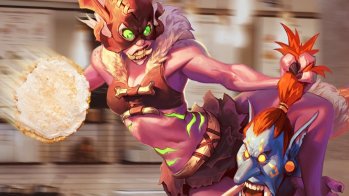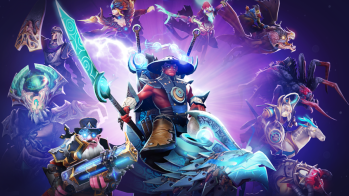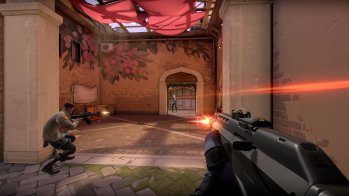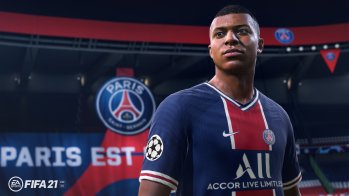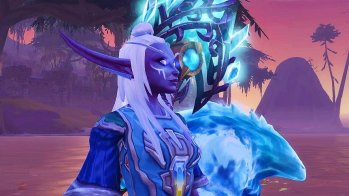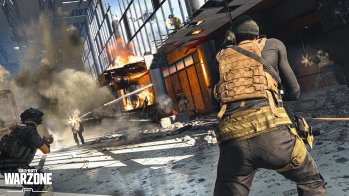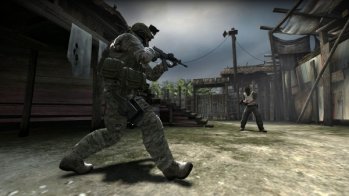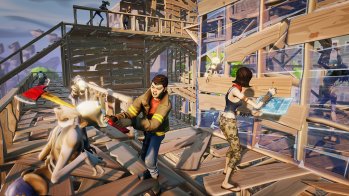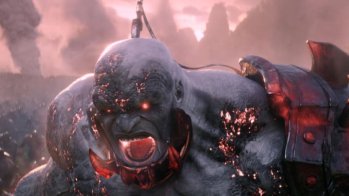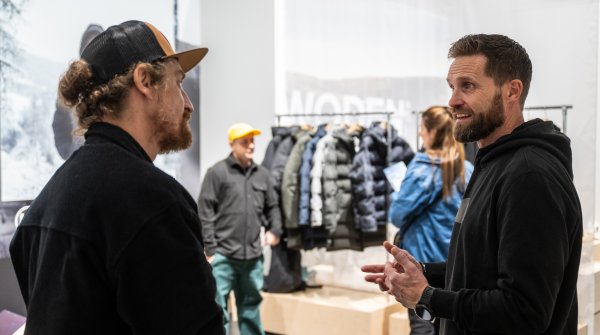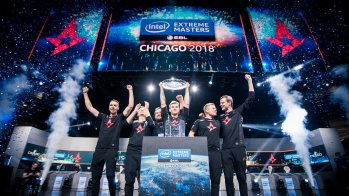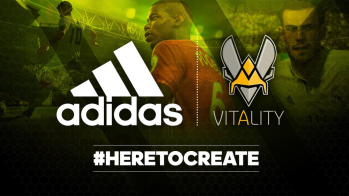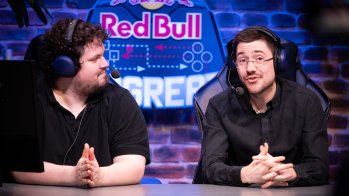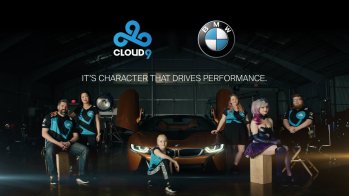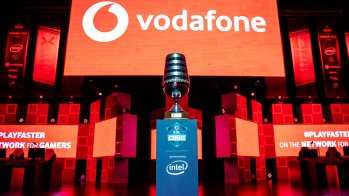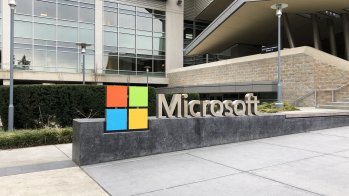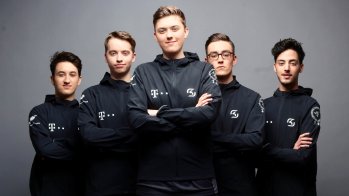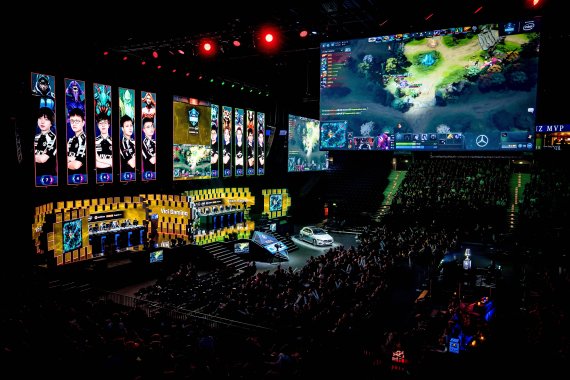
McDonald's is in. As well as top teams like FC Schalke 04 or FC Bayern Basketball. Mesut Özil anyway. And most recently, Intersport. Big players from business, sports and the entertainment industry have long since discovered the booming eSports market in Germany. More than 34 million people play computer and video games in Germany alone, according to the Association of the German Games Industry "game".
The professional tournaments of the gamers have outgrown their niche existence and now fill entire stadiums. The Beijing Olympic Stadium was sold out with 80,000 spectators at the 2017 World Cup final of the "League of Legends" computer game. At the 2019 Southeast Asian Games, analog and digital sports will merge when eSports medals are awarded for the first time. eSports tournaments at ISPO Munich 2019 were streamed by thousands.
But in Germany, sports associations and politics are still reserved with respect to competitive gaming. At its general meeting in December 2018, the German Olympic Sports Confederation (DOSB) rejected in a fundamental decision not only the recognition of eSports as sports, but also the existence of the term "eSports" as such.
"We formulate: 'eSports does not exist in this form - exclamation mark'. And it won't be part of the Olympic program either," DOSB President Alfons Hörmann made sure once again at the New Year's Reception 2019. Hesse's Interior Minister Peter Beuth, who was also invited, added that computer games were "just as much sports as knitting or playing the fipple flute."
Top 10: The most popular eSports games on Twitch
The DOSB has justified its rejection of the gamers in a detailed position paper. The sports federation makes the distinction between "virtual sports" and "eGaming". The former are video games that simulate real-life sports. An example of this is the FIFA 19 football simulation. eGaming includes the DOSB's other competitive video games, which are part of the youth and everyday culture, "but not as an independent sporting activity". This includes popular eSports titles such as Counter Strike, League of Legends, Dota 2 or Fortnite.
While the DOSB is encouraging sports clubs to promote "virtual sport types" in their existing club structures, it wants "to work consistently to ensure that no eGaming activities are offered in clubs that do not correspond to the recognized canon of values of the DOSB sports system".
For gamers, the decision has consequences: the struggle for the recognition of non-profit status by politicians was dampened by the DOSB rejection. For eSports teams and tournament organizers in Germany it remains difficult: sports promotion funds remain closed to eSports. Tradesmen, who make the public playing of eSports titles possible, currently still need an arcade permit. In addition, German teams are struggling with the visa problem: Although foreign eSportsmen for tournaments in Germany now benefit from a simplified visa procedure just like sportsmen, this does not apply to league participation that exceeds 90 days a year.
"This is a situation in which the possibilities for shaping the future are blocked - especially in the amateur and junior field, where a vote by the DOSB focused on joint work would have had a great impact," says Hans Jagnow, President of the eSport-Bund Germany (EBDS), on request of ISPO.com. ISPO also sees eSports as part of the sports universe: "eSports has become an integral part of the sports world and society," says Tobias Gröber, Head of ISPO Group.
According to Jagnow, two neighboring states are doing better: "If we do not expand our structures and promote young talent, it will be difficult to connect with direct European neighbors such as Denmark or France. Denmark in particular has created a very effective system together with traditional sport and is helping to shape the world's top eSports athletes in many areas. That's where we want to go."
The DOSB, and currently also the federal government, are opposed to this. The CDU/CSU and SPD agreed in the coalition agreement on a planned recognition of the non-profit character of eSports, which would open doors for the association's work. Since the DOSB decision, however, nothing more can be heard about it. Also because the DOSB insists vigorously on the non-interference of politics in sport.
But from the point of view of the eSports industry, the DOSB is already fighting windmills with its refusal. "The fact that the DOSB does not recognize eSports as a sport is primarily bad news for classic sport in Germany," believes Felix Falk, Managing Director of the German games industry association "game".
For him, "many great synergies could have been exploited by a cooperation, for example with regard to the dwindling membership and honorary numbers of many sports clubs."
According to representative surveys conducted by the "game" association, a quarter of all gamers in Germany can imagine becoming involved in an eSports club. More than 28 million people in Germany are convinced that eSports could help the Olympic Games attract more young spectators if it were part of the program.
It's unlikely that this will happen anytime soon. "It will be some time before we have answered a number of open questions. Until then, it doesn't make sense to talk about being accepted into the Olympic program. My successor will have the opportunity to make that decision," said IOC President Thomas Bach last summer.
eSports Boom: These Global Players Are Sponsors and Partners
He himself is in office until 2021 and could then be re-elected for a further four years. Then an inclusion of eSports in the Olympic program would be conceivable at the earliest at the 2028 Games in Los Angeles - in nine years, that is, a digital eternity.
For eSports advocates this is no cause for concern. The boom will continue, with or without Olympic recognition. Christopher Flato is sure of this when he talks to ISPO.com. He is Senior Communications Manager of the world's largest eSports tournament organizer ESL Global and is convinced of the triumph of gaming: "The development of eSports is unstoppable. This is the sport of the young generation and has come to stay."
 Sports BusinessThe future of the bike industry: 6 innovative bike stores
Sports BusinessThe future of the bike industry: 6 innovative bike stores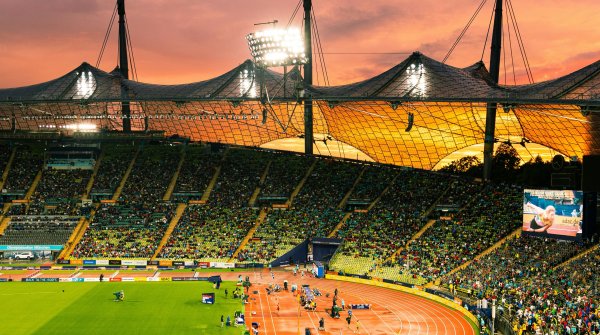
- ISPO awards
- Mountain sports
- Bike
- Design
- Retail
- Fitness
- Health
- ISPO Job Market
- ISPO Munich
- ISPO Shanghai
- Running
- Brands
- Sustainability
- Olympia
- OutDoor
- Promotion
- Sports Business
- ISPO Textrends
- Triathlon
- Water sports
- Winter sports
- eSports
- SportsTech
- OutDoor by ISPO
- Heroes
- Transformation
- Sport Fashion
- Urban Culture
- Challenges of a CEO
- Trade fairs
- Sports
- Find the Balance
- Product reviews
- Newsletter Exclusive Area
- Magazine


